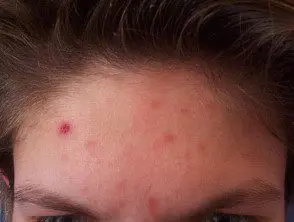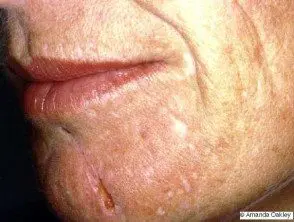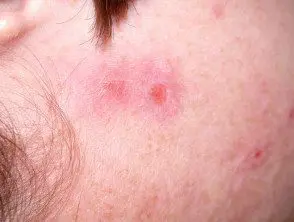What is acne excorie?
Acne excorie is a term used to describe scratched or collected pimples. It can also be written in the French style, acne excoriée.
Excorie acne

Acne excoriated

Excorie acne

Excorie acne
Most people squeeze or pick at some of their points in an attempt to get rid of them. This can make acne look worse. Acne can become infected secondarily and picking it up can also cause scarring.
Some people pick their spots excessively. When their skin is examined, they have no active acne spots, only scratch marks, sores, pigmentation and scars All inflammatory injuries and comedones have been removed by pinching or squeezing. This appearance is called acne excorie.
Most people are aware that their facial sores are caused by scratching their skin, but they don't always openly admit it.
Who suffers from acne excorie?
Anyone who has acne can suffer from acne excorie. It appears to be more common in women than men, particularly in women with late-onset acne. Spending hours in front of the mirror can also be a sign of stress or depression. Psychiatrists can classify acne excoria with the body dysmorphic disorder (body-focused anxiety).
Sometimes it's just a bad habit that's hard to break; Acne may actually not be that serious. In fact, there appear to be two subgroups of patients with acne excorie, one where patients have primary acne lesions and those who have no or almost no acne lesions.
Acne disease can be very annoying and embarrassing.
What is the treatment for acne excorie?
Treatment of acne excoria depends on whether or not the patient has primary acne lesions. Active acne spots can be controlled through acne treatment depending on their clinical severity.
Some acne patients may not need to give up the picking habit, while other patients may have compulsive skin disorder This may require psychological therapy and psychotropic pharmacological treatments.

